


Tirunelveli
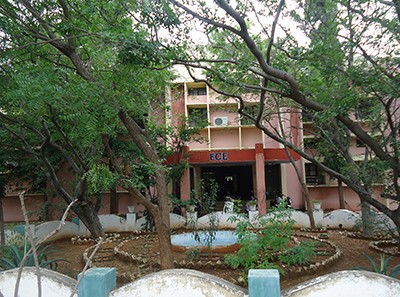 The Department of Electronics and Communication Engineering was established in the year 1981 to converge with the growing requirement of design engineers in the country and with the perception of developing the students to pursue leadership, technical and management positions in variety of industries.
The Department of Electronics and Communication Engineering was established in the year 1981 to converge with the growing requirement of design engineers in the country and with the perception of developing the students to pursue leadership, technical and management positions in variety of industries.
The Department of Electronics and Communication Engineering is a rapidly conducive field with inspiration emerging every moment. Since there are exhilarating driveway to examine, analyze, re-invent and develop modules, systems starting from mobile phones, fiber optics, remote sensing, etc., the Department gears up the students for careers in the constantly developing discipline. Since its constitution the paramount goal of the Department has been to bestow high quality technical education to the students with comprehensive in importance on designing, analyzing and configuring Electronics and Communication systems.
The Department has competent, knowledgeable and committed faculty who serve with passion to provide intense and ideal learning domain in order to assist them to surpass in present competitive state of affairs. Most faculty members are accomplished doctorates and post graduates with substantial research and academic performance.
Students have several placements in foremost companies such as TCS, CTS, L&T, Infosys, etc. To keep momentum with current technological flow, the Department has well equipped laboratories such as Electronics lab, Communication lab, VLSI lab, Digital Signal Processing lab, Microwave and Fiber Optics lab, Microprocessor lab and Networks lab which gives the students the requisite and adequate support of concrete understanding that they need. The Department provides access to study of high end software like MATLAB, MULTISIM, VHDL, Synplify Pro, Ultiboard, etc. ECE makes the students to develop, progress and succeed into exemplary and excellent engineers by hard work.
Our vision is to develop high calibre and ethically strong graduates for global competence.
Our Mission is:
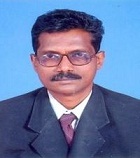 |
Dr.M. Vijayaraj M.E.,Ph.D.,MISTE Professor & Head of the Department |
| Area of Specialization | Wireless and Mobile Networking |
| Email ID | vijayaraj@gcetly.ac.in |
| Contact Number | 9345712638 |
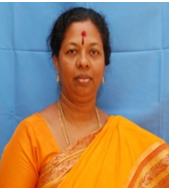 |
Dr. I. Muthumani M.E.,Ph.D., MIEEE, MISTE, Professor |
| Area of Specialization | Image Processing |
| Email ID | muthumani@gcetly.ac.in |
 |
Dr.S. Baulkani M.E.,Ph.D.,MISTE Professor(CAS) |
| Area of Specialization | Digital Signal Processing |
| Email ID | baulkani@gcetly.ac.in |
| Contact Number | 9442813661 |
 |
Prof C.Meena M.E.(Applied Electronics),MISTE Associate Professor(RD) |
| Area of Specialization | Digital Signal Processing |
| Email ID | meena9365@gmail.com |
| Contact Number | 9442552891 |
 |
Dr.K.Kalai Selvi M.E.,Ph.D.,MISTE Assistant rofessor (Sr. Gr.) |
| Area of Specialization | Optical Communication |
| Email ID | kalaiselvi20142@gmail.com |
| Contact Number | 9486338310 |
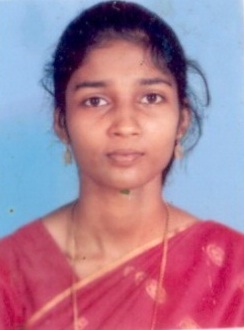 |
Dr. P.E. Irin Dorathy M.E.,Ph.D. Assistant Professor |
| Area of Specialization | ADHOC NETWORKS |
| Email ID | irindorathy@gcetly.ac.in |
| Contact Number | 9443134069 |
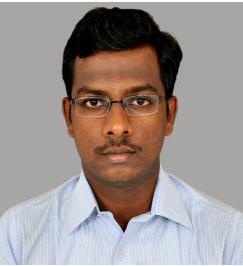 |
Thiru A. Renaldo Maximus M.E ., Assistant Professor |
| Area of Specialization | COMMUNICATION SYSTEM |
| Email ID | renaldomaximus@gcetly.ac.in |
| Contact Number | 9486134583 |
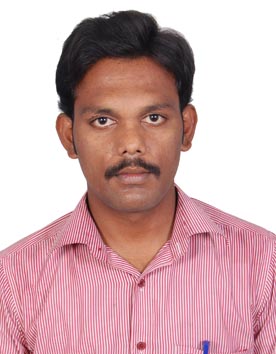 |
Thiru. V. Selvakumar, M.E., MISTE Assistant Professor |
| Area of Specialization | Applied Electronics |
| Email ID | selvakumar@gcetly.ac.in |
| Contact Number | 8754068889 |
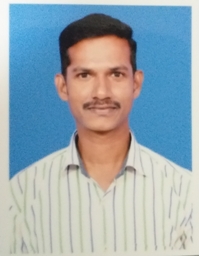 |
Dr. E. Sivaraman M.E.,Ph.D. Associate Professor |
| Area of Specialization | IMAGE PROCESSING |
| Email ID | sivaraman@gcetly.ac.in |
| Contact Number | 8778986407 |
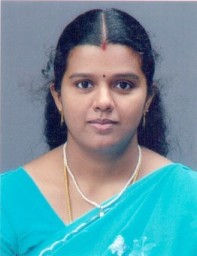 |
Dr. K. PadmaPriya M.E.,Ph.D. Assistant Professor |
| Area of Specialization | IMAGE PROCESSING |
| Email ID | padmapriya@gcetly.ac.in |
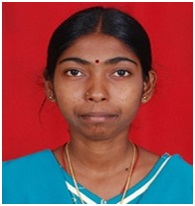 |
Mrs. M. Kalaiselvi Temporary Assistant Professor |
| Area of Specialization | Applied Electronics |
| Email ID | kalaiselvi.ece@gcetly.ac.in |
| Contact Number | 9751757891 |
 |
Mrs.D.Aveline Sarah, M.E., Temporary Assistant Professor |
| Area of Specialization | Communication Systems |
| Email ID | avelinesarah.ece@gcetly.ac.in |
| Contact Number | 9095050182 |
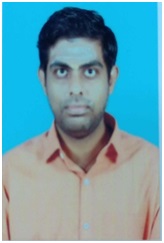 |
Mr. V.Sattanathan, M.E., Temporary Assistant Professor |
| Area of Specialization | Wireless Sensor Networks |
| Email ID | sattanathanv88@gmail.com |
| Contact Number | 9445455480 |
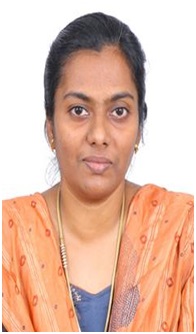 |
Dr. A.Alice Blessie, M.E.,Ph.D., M.I.S.T.E , M.I.E., Temporary Assistant Professor |
| Area of Specialization | Image Processing |
| Email ID | aliceblessie.ece@gcetly.ac.in |
| Contact Number | 9003659736 |
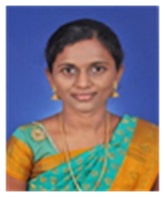 |
Mrs. P.Divya Bharathi, M.E., M.I.S.T.E , M.I.E Temporary Assistant Professor |
| Area of Specialization | Image Processing |
| Email ID | divyabharathi.ece@gcetly.ac.in |
| Contact Number | 9123504119 |
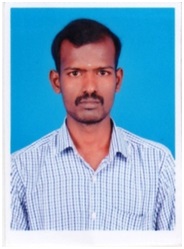 |
Mr. L.Ramesh, M.E., M.I.S.T.E Temporary Assistant Professor |
| Area of Specialization | Signal Processing, Image Processing |
| Email ID | ramesh.ece@gcetly.ac.in |
| Contact Number | 7708249553 |
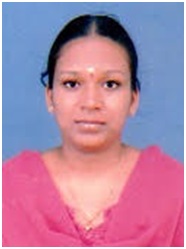 |
Mrs. R.Anusha Padmavathy, M.E., Temporary Assistant Professor |
| Area of Specialization | VLSI Design |
| Email ID | anushapadmavathy.ece@gcetly.ac.in |
| Contact Number | 7708569991 |
 |
Mr. S. Manoj, M.E., Temporary Assistant Professor |
| Area of Specialization | Communication Systems |
| Email ID | manoj.ece@gcetly.ac.in |
| Contact Number | 9444303564 |
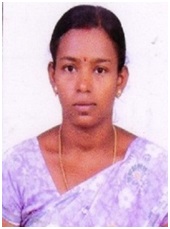 |
Mrs. G. Ramani, M.E., Temporary Assistant Professor |
| Area of Specialization | Applied Electronics |
| Email ID | mujitharamani@gmail.com |
| Contact Number | 9659820679 |
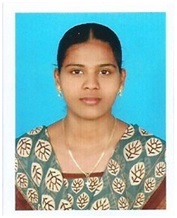 |
Mrs. P.Selinkirubarajam, M.E., Hourly Basis Lecturer |
| Area of Specialization | Networking |
| Email ID | kiruba2603@gmail.com |
| Contact Number | 9500420379 |
The primary role of a teacher is to enhance the quality of education by employing innovative teaching methods. At this institute, our approach to teaching extends beyond traditional chalk-and-talk methods and encompasses a variety of innovative methodologies:
Students are encouraged to participate in NPTEL courses, short-term programs, and advanced topic workshops to stay updated with the latest knowledge and skills.
The department provides access to NPTEL video lectures, allowing students to access learning materials at their convenience.
Google Meet is used to conduct online classes, and course materials are readily available to students through Google Classroom.
Faculty members utilize PowerPoint presentations to effectively deliver various subjects.
Eminent resource persons and alumni from industry and academic institutions are invited to conduct guest lectures, workshops, and webinars.
Faculty-created video lectures on various subjects are made available on the college website for reference.
Mind mapping and skit activities are incorporated into the teaching methods to facilitate better comprehension of subjects.
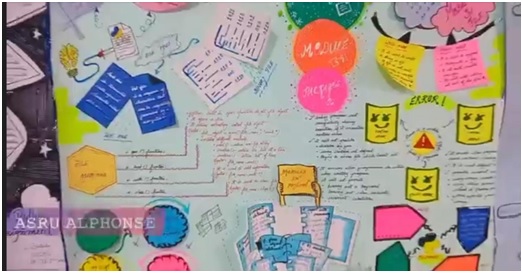
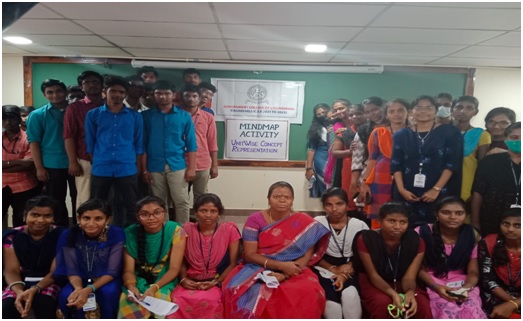
The college organizes a technical project exhibition, TECH EXPO, to encourage students to think critically and devise solutions to real-world problems.
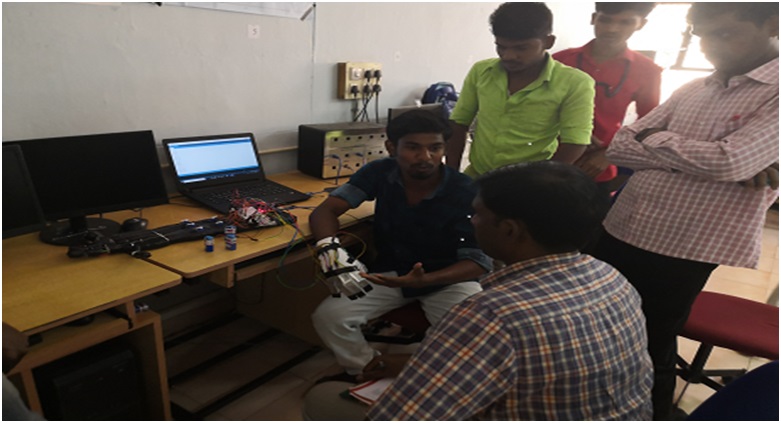
Industrial visits are organized to expose students to practical working environments, bridging the gap between theory and application.
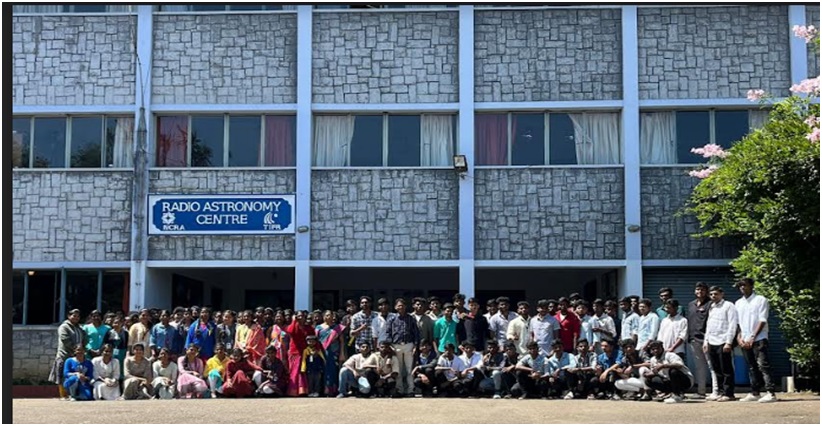
To expose the student to multinational industrial environment so they can learn and study the existing company environment to work for the project assigned ,Which reduce the gap between the institute and industry. It is a platform to exhibit the inner talents to apply for the development of products which meets the clients demand.
A mentoring program is in place to enhance students' soft skills and technical capabilities.
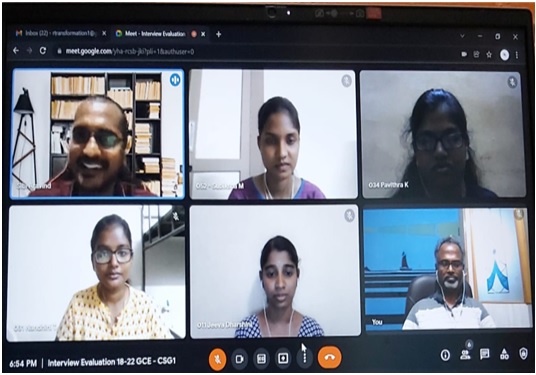
Weekly seminars are conducted to enrich students' knowledge in current technologies and improve their communication skills. By embracing these diverse teaching approaches, we aim to provide a well-rounded education that equips our students with the skills and knowledge they need to excel in their academic and professional pursuits.
The chief minister of Tamil Nadu introduced the ambitious Tamil Nadu NaanMudhalvan Scheme for skill development.The primary goal of the Tamil Nadu NaanMudhalvan Scheme is to identify, train, and provide career and academic guidance to talented students enrolled in government-run and state-run educational institutions. Through this program, Tamil Nadu students will have access to instruction that will assist them in attaining their career objectives
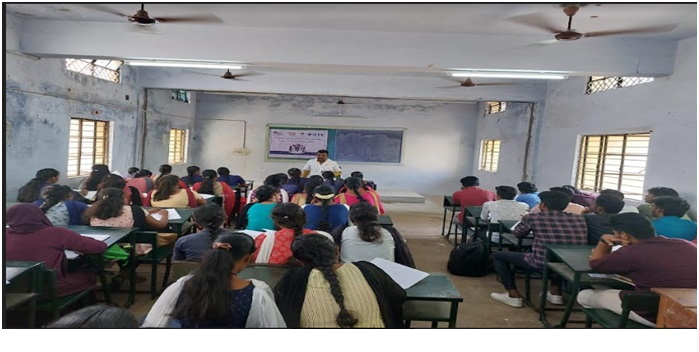
The Government of Tamil Nadu has launched the NalaiyaThiran program to empower the state's youth by providing them with skill development training and employment opportunities. We recognize the program and have partnered with the government to offer our students opportunities to participate in the NalaiyaThiran program. In this article, we'll explore the NalaiyaThiran program and its importance, as well as how it can benefit Tamil Nadu's youth.
To prepare second tier academic heads who are potentially likely to assume leadership roles in the future.To fulfill a long perceived need of preparing senior faculty, such as Deans, Head of Departments for future governance roles as leaders in academic institutions. Learning Engineering through Activity Program (LEAP) enables engineering students to work on real-world projects. The LEAP team works in multi-disciplinary teams to solve real problems of society and deliver working prototypes within given time and cost constraints. The students of Government College of Engineering, Tirunelveli developed various working prototypes under the guidance of Er.Rolland J Enoch (CEO, Rishon Communication Technologies Pvt.Ltd.,Tirunelveli) and Er.Manikandan.
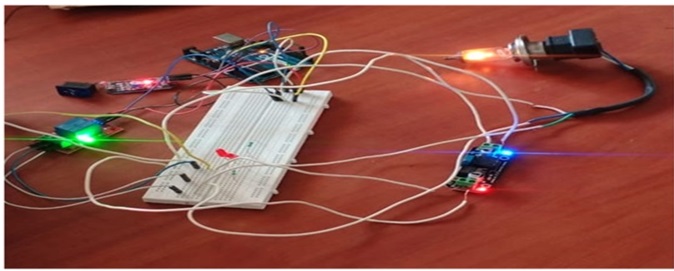
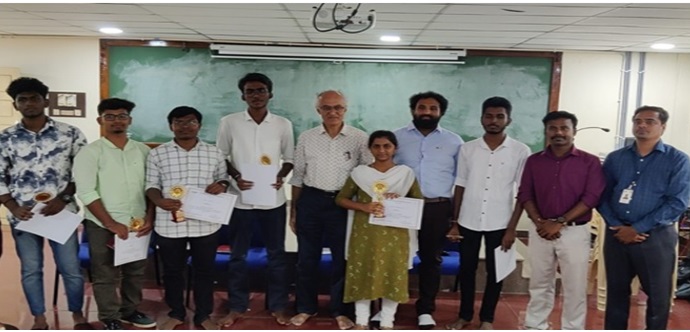
:Directorate of Technical Education, Higher Education Department, Tamilnadu has selected this institution for establishing FAB lab/Makers space named as INNOVATE TN LAB among the Government Engineering colleges by the M/S Forge, Coimbatore and operate for a period of 5 years from the Academic Year 2023-24 which was funded by TANSIM.
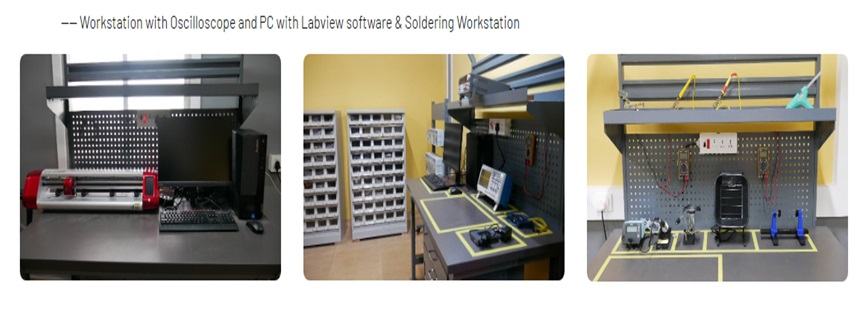
An internship is a professional learning experience that offers meaningful, practical work related to a student’s field of study or career interest. An internship gives a student the opportunity for career exploration and development, and to learn new skills. It offers the employer the opportunity to bring new ideas and energy into the workplace, develop talent and potentially build a pipeline for future full-time employees. An Internship provides an opportunity to the students to learn new skills outside of academic settings. The students of Government College of Engineering, Tirunelveli are encouraged to attend internships in reputed organizations like BSNL, NSIC and so on
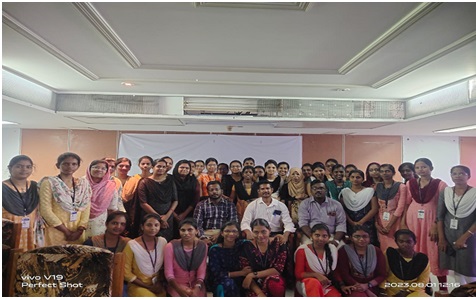
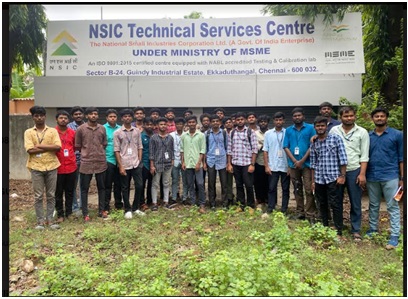
It is the legal rights given to the inventor to protect their invention or creation for a certain period of time.
Name of the Labs Available
Copyright 2021 © GCE - Dept of CSE | All Rights Reserved.